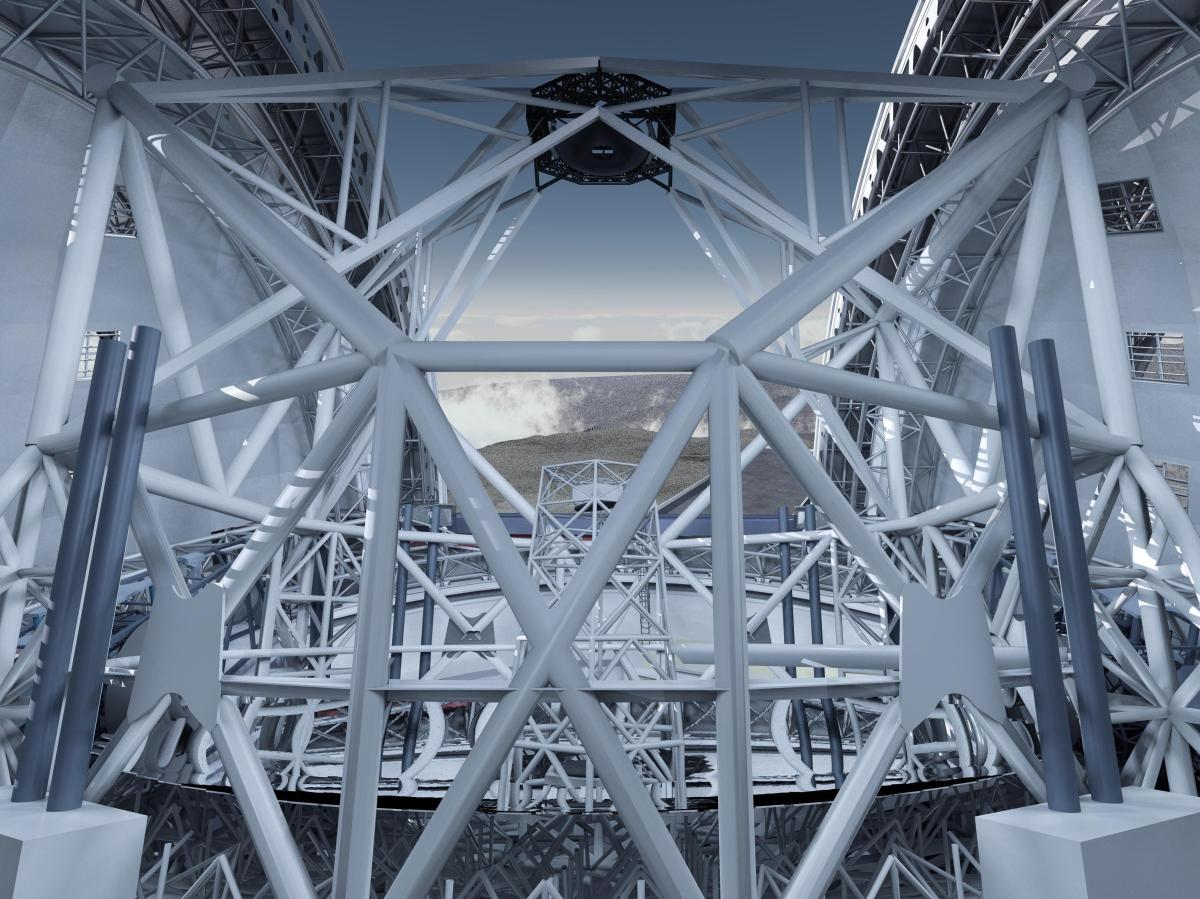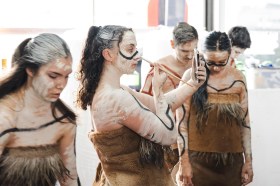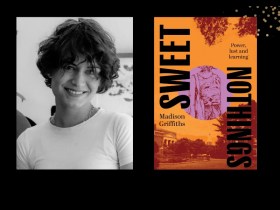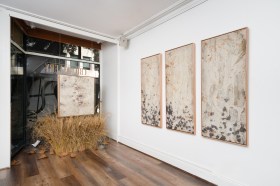Picture via Wikipedia
Complex systems generate sophisticated outcomes but positive outcomes usually require organisation and facilitation. Performing arts touring is complex. It is difficult. It will always be so. There are thousands of individuals and organisations involved – each with diverse needs, aspirations and stakeholders.
In response to this often overwhelmingly baffling complexity, and entirely understandably, many attempts have been made over the years to simplify things. Long Paddock, Cyberpaddock, Playing Australia and the Performing Arts Touring Alliance PATA have each been attempts to impose a simpler framing structure over the complex reality of performing arts touring, and the National Touring Framework acknowledges this diversity. As current custodians and participants we inherit the legacy of these attempts.
- The National Touring Framework is fair, rigorous and comprehensive and lays out a series of ambitious reforms and goals. Its “Key Reforms” include: a national plan; funding harmonisation and simplification; production selection. Its “Developmental Goals” include improvements to: relationships, dialogue and tour coordination; diversity of work toured; community engagement; marketing and audience development; capacity building; environmental sustainability (low-carbon touring). Two years after its release, work is still being done to meet these aims, and organisations such as the Australian Performing Arts Centres Association (APACA) are acting with vigour on some aspects.
- Playing Australia’s move to the Australia Council has led to some widely celebrated improvements – for example, funding results are much quicker and seldom (if ever) delayed. However, touring selection, development, delivery, marketing (etc.) remain largely unaffected.
- The Performing Arts Touring Alliance (PATA) describes itself as “a cohesive and objective voice for key stakeholders and government”, but owing to the complexity of touring, this cohesion and objectivity is difficult to achieve.
- Long Paddock and Cyberpaddock have long been delivered by the under-resourced Blue Heeler Network to support national, regional and remote touring. However, this work cannot continue under the strain of resource deficiencies, vital as it is for the thousands who rely upon it. Regional Arts Australia (RAA) who supports and resources the Blue Heelers has recently called for some new thinking on these important mechanisms for production selection, and has received some helpful industry responses.
Imposing too simple a structure over complex human activity is a bit like squeezing play-dough in your fist. The tighter you squeeze the more dough seeps out through your fingers. Likewise the more rigid the structure, the more people are underserviced by it.
Understanding and celebrating the complexity of our industry is the key to our future. Without an awesome organising centre, diversity and complexity cannot survive.
There are splendid state touring events happening in Victoria, Western Australia and Queensland this month. While we begin to imagine what these events will be like, let’s also take a moment to imagine the future for a national performing arts space.
Imagine you are a participant in performing arts touring in 2015 and have registered to attend the newly-born touring market-place. Prior to arrival you’ve been privy to a series of meetings, online seminars, professional development opportunities and quality communications – so you feel confident that you know what is in store. You were able to choose to use the event’s travel and
You enter an excellent arts precinct in an accessible location. There are multiple spaces perfect for facilitating large and small presentations, get-togethers, forums and performances. There are zones where you can sit quietly with internet connection, organise meetings, eat and drink cheaply or just escape for a few moments.
The vital importance of facilitation is recognised and celebrated. Before during and after the event a map to all the wonderful mechanisms offered by agencies such as tour coordinators and funding organisations is available to delegates. No-one assumes anything of these agencies but everyone is well informed and free to find real connections to fulfil shared aspirations. If you are a small company, resources exist to help you into and through the event.
The event organisers have developed a clear accord with the industry which includes agreed processes for communication, decision-making and consultation. The event organisers have been selected because they are in touch with the day-to-day reality of the industry, and understand their role to create a vibrant space were things can happen, rather than imposing a fix.
Upon entering you notice the meeting spaces scattered conveniently throughout, each with a clear occupancy schedule, allowing you to easily book time with organisations and people that have reserved these spaces. You grin reassuringly – the registration process was so simple that you were able to reserve time at these spaces with everyone you needed to see. Additionally, your own time that you’ve offered up has been fully subscribed. This means you have a bit of spare time during the event to pursue white rabbits.
The event is loosely clustered around three program threads:
- Gathering – at appropriate moments delegates can choose to gather in the large spaces for shared forums, professional development, to experience performances from large shows or exciting new artists, or to simply to enjoy each other and network.
- Clustering – the majority of the event is a pick-a-path to programming – with pitches, excerpts and conversations happening in all spaces simultaneously. Even though you will meet with a smaller number of folk at these sessions, the self-selecting nature of the cluster program guarantees a higher quality of connection – because those who have come to each cluster genuinely want to be there.
- Dispersing – with a sensible amount of time and a diaspora of meeting rooms, breakout and small spaces, you are able to meet in smaller groups to seriously work out what it would mean to work with one-another.
There may be an online survey/process to facilitate your connection with other participants. If there is one, it’s not fundamental to your experience because of the incredible event App you’re using on your phone or device, which makes it easy to find and connect with other participants and gather interest for touring and other collaborations. Importantly you’ve used the formal and informal spaces to connect with everyone you need to – so your future is in your hands.
If you are a Producer you’ve been given appropriate time and space to present your work in its best possible light. If you are an artist or theatre maker, your vital role is respected through open dialogue and moments where you can connect with like-minded folk through the various forums, presentations and spaces made available.
If you are a Presenter you’re not compelled to sit through lengthy sessions featuring work not suited to your strategic goals. In fact, you’ve just indulged yourself in the “block-busters session” which featured some guaranteed box-office successes including the Michael Jackson, Beyoncé Knowles and Rolling Stones shows. Now that you’re confident your program is financially secure you can go find something visceral to challenge all those great audiences you’re working with.
On this occasion some key personnel couldn’t make the event. This is no big issue as there are moments of live broadcast via the internet and chances to live chat with artists, producers or presenters at the event via online meetings.
On this occasion the chaos of human life has seeped in. A group of artists and presenters feeling under-represented by the program have created a “free-hub” of activity in an adjacent space. Because this free program is so well run and features exciting artists, the event organisers felt comfortable enough to include this in event in the program.
This is a vision that facilitates culture. In the words of Lenin, ‘Not the invention of a new culture, but the development of the best models, traditions and results of the existing culture.’





